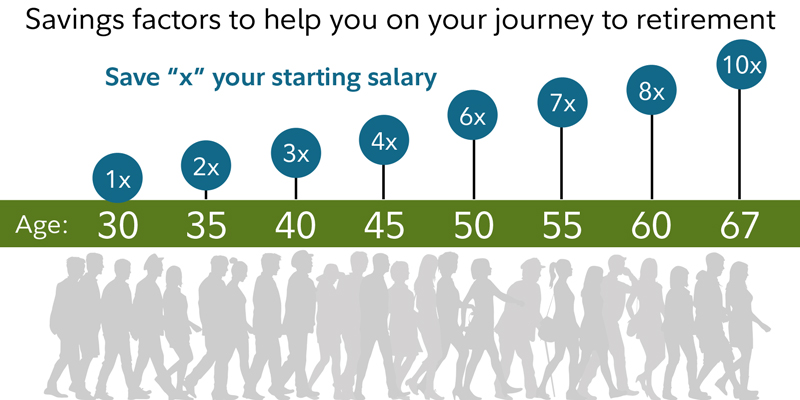"If you had to quickly flee your home and had just enough time to grab
some important things, could you put your hands on vital financial
documents?
Climate change has put many people in the path of major
natural disasters. Fires, floods, hurricanes and wind storms are
devastating communities. The disaster in Hawaii is just the latest
reminder to get our financial houses in order."
Read:
How to protect your financial life from wildfires, extreme weather
By Michelle Singletary
https://www.washingtonpost.com/business/2023/08/11/protect-financial-life-extreme-weather/?template-name=%7B%7Bletter.config.name%7D%7D&utm_campaign=wp_personal_finance&utm_medium=email&utm_source=newsletter&wpisrc=nl_financeAs of mid-August 2023, "there had been 15 confirmed weather/climate disaster events in the United States this year with losses exceeding $1 billion each, according to the National Centers for Environmental Information. Damage from 2022 disasters totaled $165.1 billion."
"Get
a safe that’s waterproof, fire-resistant and light enough to carry.
Keep all your household’s important financial documents in this box,
including your passport; insurance policies; extra checks; a copy of
your driver’s license; your Social Security card (or at least write down
the number); bank, investment and credit card account numbers; and key legal documents such as wills, marriage and birth certificates, and the titles to your home and vehicles."
I keep these items in a credit union safe deposit box. Not sure what would be left if fire is as intense as the Maui fires. I read that one Maui couple kept thousands of dollars in a safe that was left behind. All that was left was ashes.
You should include some cash because ATMs may not be available or may not work.
"In
addition to keeping your paperwork in a safe, make photocopies of your
documents and place them in a safe-deposit box or give them to a trusted
relative or friend who does not live in the same area you do."
"You
can also back up your data to cloud-based services such as Google Drive
or Apple’s iCloud. Be sure to consistently back up your data to the
cloud."
"With your smartphone, take pictures of your big-screen televisions, computers, furniture, heirlooms, etc. You want proof of the expensive stuff you own."
"record a video of the items in your home. Record
model and serial numbers. Then, of course, download it for safekeeping
in the event you have to prove to an insurance company what items you
lost in a disaster."Do this today.
Do you have sufficient insurance?
Call your
insurance agent. Will your policy replace the full value of your
possessions?
If you are at risk of flooding, check my blog posts on flood insurance. Keep in mind that many Americans live in areas subject to flood but NOT on federal flood maps. See blog posts on flooding.
Earthquakes are NOT covered by HO insurance. See blog posts on earthquake insurance.
The fastest-growing American cities are also some of the places with the worst climate-change effects
Finally,What are YOU doing to urge your members of congress to address the causes behind our changing climate. Check out the Citizens Climate Lobby: https://citizensclimatelobby.org/

